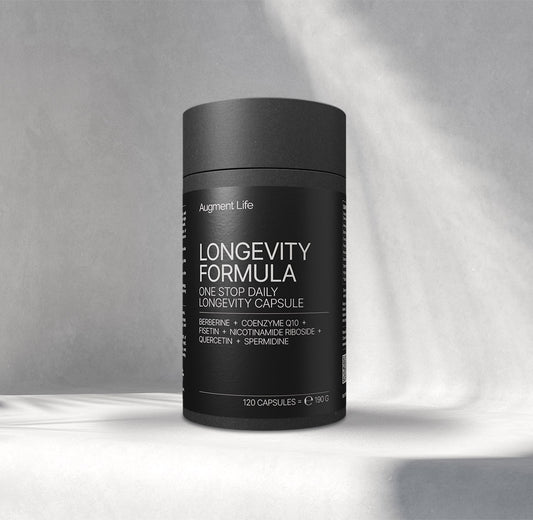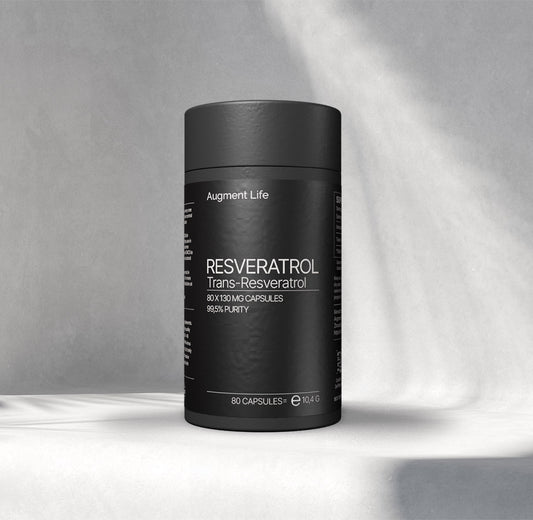Introduction
Supplements have become increasingly popular in recent years. But, there is a lot of misinformation about these products, and in many cases, the research behind them is lacking.
That's why it's important to understand how supplements work and what you can do to determine which ones are best for you. I'll show you how to navigate all the different types of evidence on the market today!
Evidence-Based Research
The best way to understand whether a supplement works is to conduct evidence-based research. Evidence-based research is the process of analyzing data and then drawing conclusions based on that data.
By conducting evidence-based research, researchers can determine a supplement's mechanism of action (how it interacts with the body), safety (how likely it is that you'll experience side effects from taking it), and efficacy (whether or not the supplement actually does what its advertising claims).
Supplement Studies
The sample size, or how many humans or animals were included in the test group, of the studies is important.
How long the test was conducted for plays a large factor in weighting its credibility. If the test group was only using the supplement for a week before the results were analyzed there is a significant chance that no changes can be observed yet. The longer the duration of the test, the better, although this can be difficult and expensive to do, especially in the case of a study with hundreds of participants over years or decades. Usually these types of studies are based on a sample group in a public database that did realize their data would be used for research until much later on. Most studies with humans take place over weeks or a couple of months.
Studies should show that a supplement doesn't work as well as, or better than, a placebo.
The study needs to be double blind and placebo controlled.
The study needs to have a large enough sample size (the number of people in the study) so that it can detect very small changes in health outcomes such as blood pressure or cholesterol levels.
Supplement Efficacy
The efficacy of a supplement depends on many factors, including the type of supplement, its dosage, and the person's health and age. For example, a low dose of vitamin C might be useful in preventing colds but not in curing them. It is important to remember that supplements are not regulated like prescription or over-the-counter drugs; they do not have to undergo the same rigorous testing process as regular drugs before being sold to consumers. While there are many reputable companies out there selling quality supplements that are safe for consumption—and may even be beneficial—there are also plenty of shady ones out there looking to make a quick buck by selling ineffective products at inflated prices (or no price at all).
Sample Size and Demographics
When you read that a study was conducted with “n=20” or “n=50,” what does that mean? The number of participants in a study is called the sample size, and it corresponds to the number of times each person has been tested. The larger the sample size, the more accurate your results will be—but not necessarily by much!
If you're conducting an experiment where you plan on testing whether one thing causes another thing (i.e., X causes Y), then your goal is to find out if there are any relationships between those things: how often does X happen when Y does? If your goal is just to see if X exists at all (i.e., is there even any such thing as X?) then your goal is simply to find out if X occurs sometimes but not always, or vice versa—or both! In either case though, finding out whether something happens at all depends entirely upon having enough people in your study who experience whatever it is you're looking for. If someone doesn't experience anything at all during their life span then even a very large sample won't help us know anything about them because they'll never have experienced this phenomenon before (so they won't know). Similarly if everyone experiences this phenomenon but only once in their lives then even a tiny sample could tell us everything we need because we can see whether or not anyone ever experienced it before without needing information from multiple people's lives
Double Blind, Placebo-Controlled Studies
The best way to determine if a supplement is effective is to conduct a double blind, placebo-controlled study. That means that neither the researchers nor participants know which treatment they're receiving until after the data has been collected and analyzed by an independent party who was not involved in creating or conducting any part of said study--this helps ensure both accuracy as well as objectivity when concluding whether something works or not because there isn't any bias introduced into either side during production processes. The reason this method is so important is because people can experience positive results from any type of treatment simply by believing they will—a phenomenon known as the placebo effect.
The power of belief has been demonstrated time and time again in medical research studies, where patients have been given placebos instead of drugs or surgery for conditions like pain (which can be relieved by placebos), anxiety (also relieved by placebos), depression (anxiety also seems to play a role here) and even cancer itself!
So if you're taking supplements hoping for relief from some condition that doesn't have any known cure yet—such as chronic pain or anxiety—it's important for you to understand what factors might be causing your own symptoms before deciding whether or not it's worthwhile spending money on certain supplements (or even other alternatives such as meditation).
PubMed
When you look for research on the web, you'll find many different types of sources. The most reliable source is called a "peer-reviewed" or "evidence-based" article because it has been reviewed by other experts in the field before it was published.
If you want to read about the effects of a specific supplement or treatment, search PubMed (the National Library of Medicine's database). PubMed contains over 28 million citations for MEDLINE, life science journals and online books. PubMed can be searched using keywords such as: herbal medicine, supplements, vitamins and minerals etc., which will bring up relevant articles in their database that may answer your question based on how you phrased your search query.
When it comes to supplement research, the results are often not as robust as the marketing claims.
When it comes to the research of supplements, the results are often not as robust as the marketing claims. One thing that makes a study less robust is if it's done on small sample size. A large population of people is needed for studies to be statistically significant and reliable in their results. Another thing that makes a study less robust is if it's done on one specific demographic group (for example, only men), because this means that we're making assumptions about other groups based on this limited data point.
Conclusion
We hope this post has helped you understand the importance of evidence-based research. In cases where there is not adequate research, we recommend caution and moderation when it comes to supplementation. While we believe that the body should be treated with care and respect through diet and exercise, we also recognize that supplements can play an important role in health if they are used correctly. We encourage you to do your own research on any supplement before taking it so that you can make informed decisions about what works for your body!












